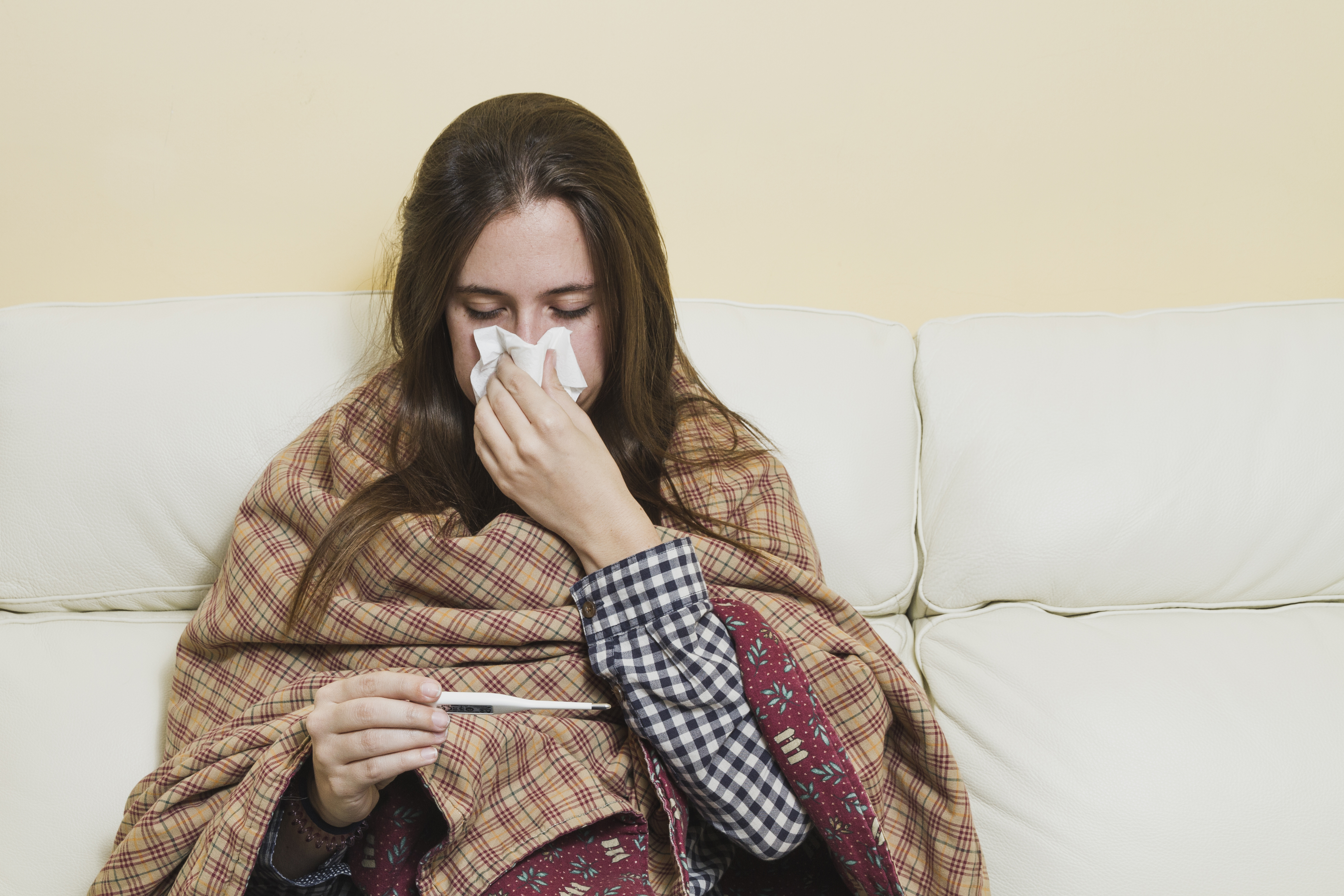10 Doctor-Approved Natural Cold Remedies

By Dorothy Foltz-Gray on Everyday Health
Nose plugged up like an olive? Hacking cough keeping you up at night? We asked doctors for the best natural remedies to shake cold and flu symptoms - fast!
Sore throat, congestion, fuzzy head. Cold season is upon us and so are its misery-making symptoms. While prescription drugs may help, your first line of defense can be found in your local supermarket or vitamin store. Here are 10 natural remedies doctors use to treat colds and flu:
1. Zinc
2. Echinacea
3. Vitamin C
4. Honey
5. Chicken soup
6. Ginger Tea
7. Spicy foods
8. Steam
9. Eucalyptus oil
10. Oscillococcinum
Schedule an appointment to see an ODU doctor, today!
Student Health Services has been accredited by the Accreditation Association for Ambulatory Health Care, Inc. (AAAHC) continuously since 1986. This means that Student Health Services is surveyed every three years to determine adherence to ambulatory health care standards as established by AAAHC.
The information contained on www.lifescript.com (the "Site") is provided for informational purposes only and is not meant to substitute for advice from your doctor or healthcare professional. This information should not be used for diagnosing or treating a health problem or disease or prescribing any medication. Always seek the advice of a qualified healthcare professional regarding any medical condition.
Information and statements provided by the site about dietary supplements have not been evaluated by the Food and Drug Administration and are not intended to diagnose, treat, cure, or prevent any disease. Lifescript does not recommend or endorse any specific tests, physicians, third-party products, procedures, opinions, or other information mentioned on the Site. Reliance on any information provided by Lifescript is solely at your own risk.


